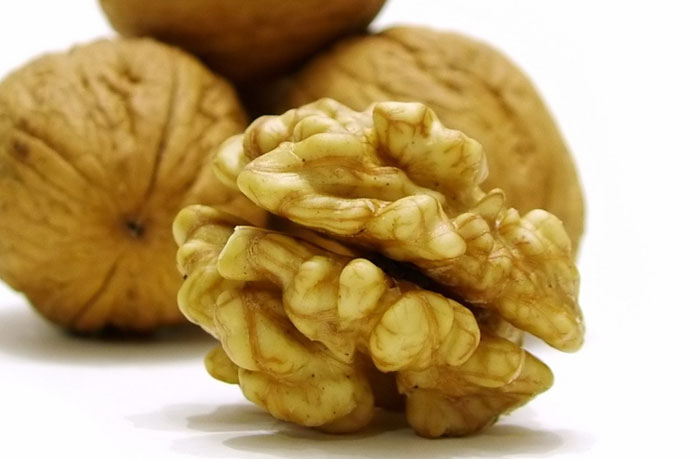Brain diet
Do you know that the things you eat have great influence on the effectiveness of your brain? This powerful computer consumes about 20% of all the energy produced by your body. Taking into account its relatively small size, that’s quite a consumption. Take care of providing your brain with all the supplies he needs.

Why?
Every axon (long fibre that typically conducts electrical impulses away from the neuron's cell body) is covered with the myelin sheath, which acts as an insulator. When we supply our brain with adequate nutrients, insulation is better and thus - the information is transmitted much more efficiently.
What we eat has an impact on the proper operation of glial cells, which produce myelin sheaths and nourish active nerve cells.
What we eat has also a great influence on neurotransmitters - chemicals that transmit signals across the synapse (connection between nerve cells). Our brain produces about seventy different neurotransmitters, including adrenaline and endorphins.
In their book "Brain Food", Brian and Robert Morgan wrote that "any nutrient deficiencies can reduce the levels of certain neurotransmitters, and thus adversely affect the behavior for which they are responsible. A reverse situation takes place here: you can eliminate physical or mental problems by raising the level of the corresponding neurotransmitters through simple changes in the diet.”
Enough of the theory, time for some delicacies:
1. Eat fruits and vegetables – they are a rich source of Pottasium, which enhances the effectiveness of our brain. You will find it in bananas, peaches, oranges and apricots. Oranges are also a source of Vitamin C. Among vegetables, choose tomatoes and potatoes.
2. Fish and vegetable oil are very important. Fishes are a rich source of Omega-3 fatty acids. Lack of this acid causes depression. Nuts are a source of linoleic acid, which is used to fix myelin sheaths. Besides, they stimulate the brain and ease depression. For the very same reasons we should also eat dark bread with seeds and wheat. Do not forget about the eggs, as they are a rich source of acetylcholine, the neurotransmitter responsible for e.g. memorizing words.
3. Drink a lot of water (still), avoid coffee. Water helps our body to get rid of toxins and quenches thirst quickly and effectively. Coffee and carbonated drinks destroy B series Vitamins, dehydrate our body and our brain. Drinking coffee may also lead to trouble with sleeping.
4. Limit sugar intake. Admittedly, they supply a lot of energy and cheer us up, but for a short period of time, which is followed by the rapid drop of energy.
5. Eat breakfast everyday. It’s the most important meal of the day. It should be rich of carbohydrates and protein. Healthy breakfast will liberate the energy gradually and keep your brain in a good shape all day long.
6. Eat your last meal no later than 2 hours before bedtime. After eating our stomach is forced to run the process of digestion, which engages heart, liver and kidneys. Instead of resting your body will have to work and that won’t make your brain refreshed. And as we all know, good sleep furthers learning.
When we dream, the memory consolidation occurs. The information that we implement during the day, are coded and saved in a way. That’s why it is crucial for our sleep to be calm and uninterrupted.
